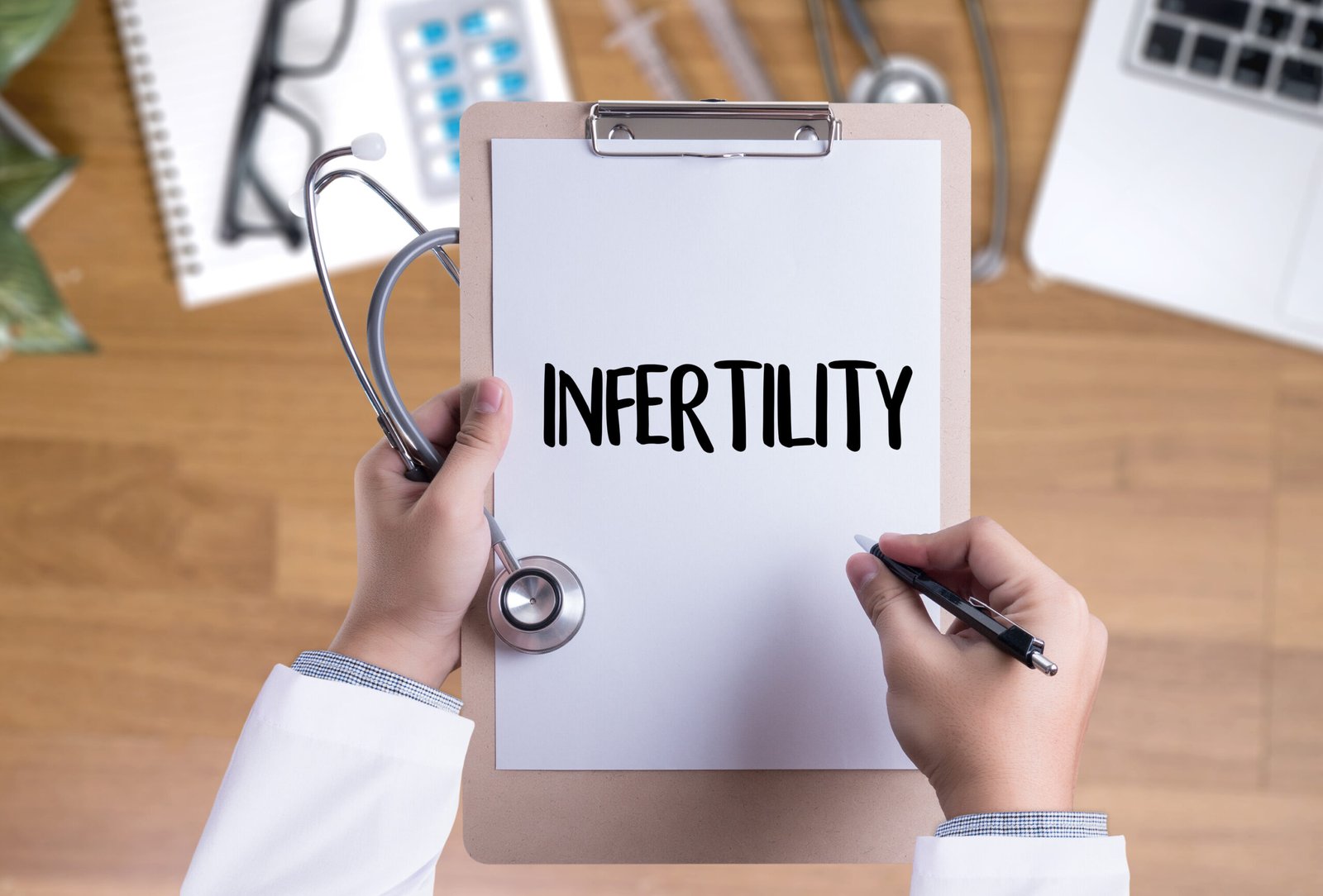Infertility is caused by many factors in both women and men, and affects 1 in 6 couples in the UK, which is approximately 3.5 million people. Infertility is considered once a couple has been trying to conceive naturally for around 12 months without success.
In the Blog, we look at some of the most common causes of infertility.
Sperm Abnormalities
Around 1 in 10 men have a low sperm count, causing infertility. A low sperm count, abnormally shaped sperm, and poor sperm motility are all significant factors. Approximately 30% of fertility issues are due to male factor infertility.
Hormonal Imbalances
Irregular hormone imbalances associated with reproductive health in both men and women can delay conception.
Hormonal imbalances can affect fertility health in both males and females. An irregular imbalance of hormones associated with reproductive health such as disorders like Polycystic Ovarian Syndrome (PCOS) affect women, and low testosterone levels affect men, both of which make trying to conceive difficult.
Age
It is known that the quality and number of eggs that women produce starts to decline after the age of 35. The quality of sperm produced also declines with age. Eggs in women over the age of 40 are more likely to have abnormal chromosomes, and men over the age of 40 are more likely to have fewer healthy sperm than men who are younger.
The peak reproductive years for a female is between late teens and 30 years of age.
Ovulation
Polycystic Ovarian Syndrome (PCOS) is the most common cause of ovulation and infertility issues in women. Primary Ovarian Insufficiency (POI) also known as Premature Ovarian Failure is another known cause. Both conditions are hormone imbalances and can have a significant impact on normal ovulation, which delays conception.
Endometriosis
Approximately 50% of women who suffer from endometriosis will experience infertility issues. It is a painful condition and overtime scar tissues and adhesions form which affects blood flow and oxygen levels to the ovaries which can then affect maturation and quality of the eggs.
Uterine Cavity
Polyps, fibroids, and an abnormally shaped uterus can all impact fertility health in the uterine cavity. These are all common issues and can affect fertilisation, embryo implantation and in some cases can increase the chance of a miscarriage.
In some cases, surgery is recommended to improve and maximise the chance of a pregnancy.
Tubal (Women)
Tubal infertility is where one or both fallopian tubes are blocked, which prevents the egg travelling to meet the sperm. Common causes of tubal infertility are Pelvic Inflammatory Disease (PID), Sexually Transmitted Diseases (STI), an ectopic pregnancy, previous surgery that has left scaring and adhesions, or where there is a history of a sterilisation procedure.
Tubal (Men)
There are many tubes that carry sperm and blockage can happen in anyone of these tubes, all causing infertility.
Blockages can occur for many reasons such as a previous injury or infection (STI), trauma, surgery, inherited conditions or where there is a history of a sterilisation procedure.
Unexplained Infertility
20% of couples struggling to conceive are known to have unexplained infertility after investigation tests. An unexplained infertility diagnosis is given when all fertility tests for women and men show completely normal results and no causes of infertility. Unexplained infertility can be extremely frustrating, but unfortunately it is a common diagnosis for couples who have been trying to conceive for some time.















